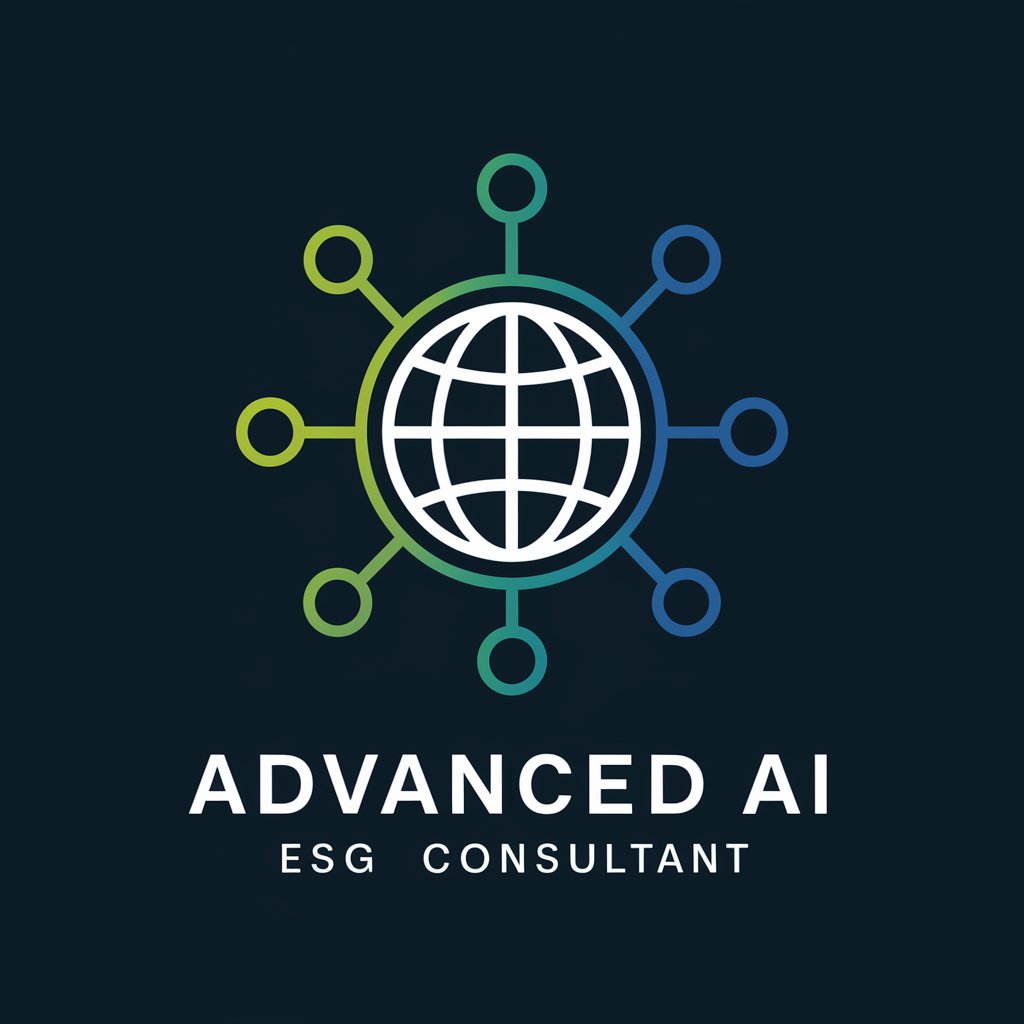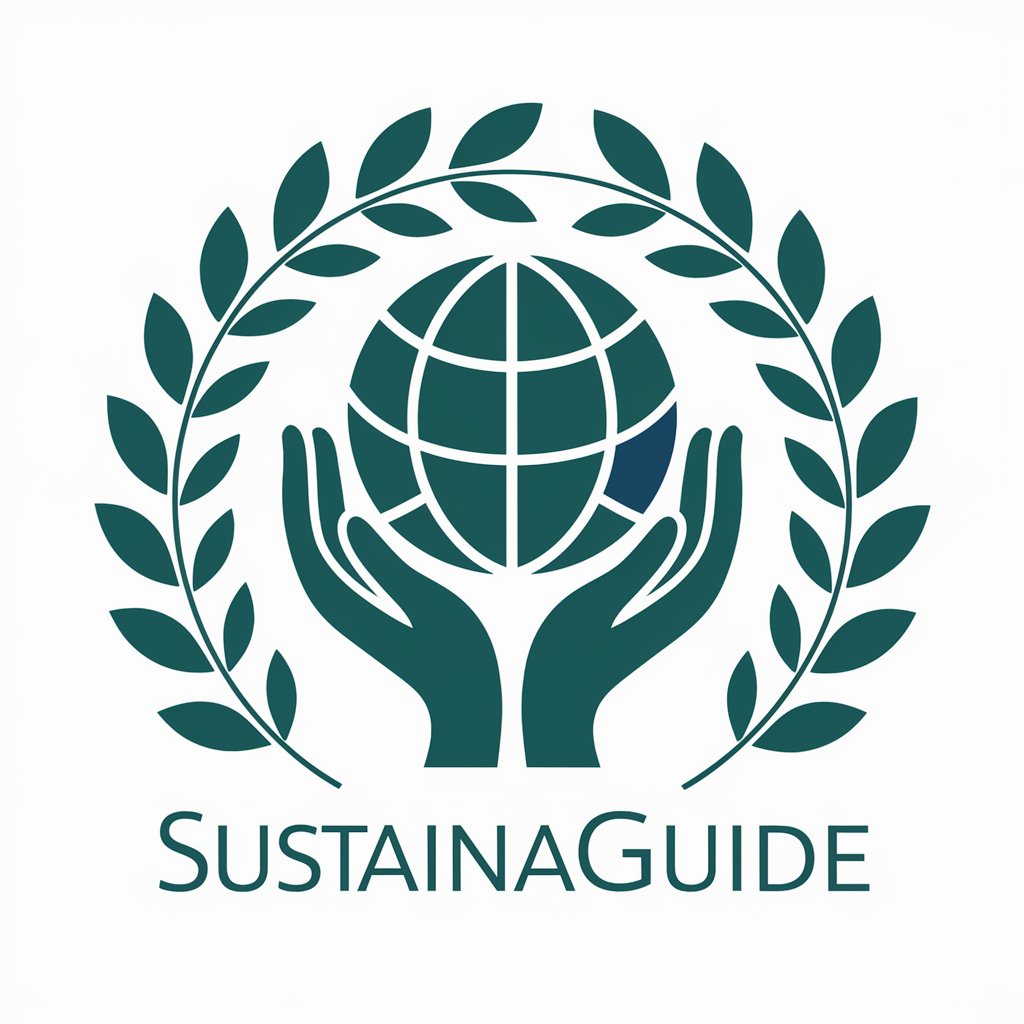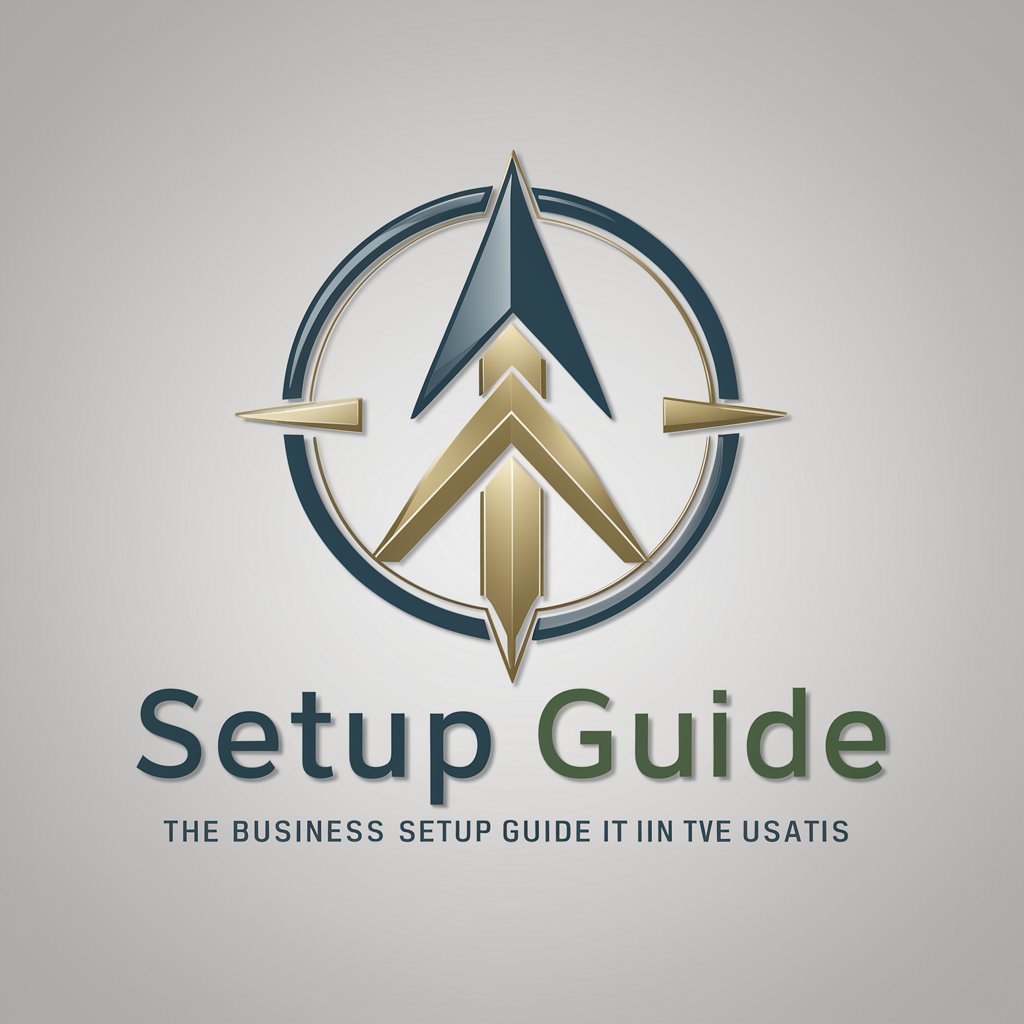
중소기업 대상 공급망 ESG 준비 가이드 - ESG Strategy Integration
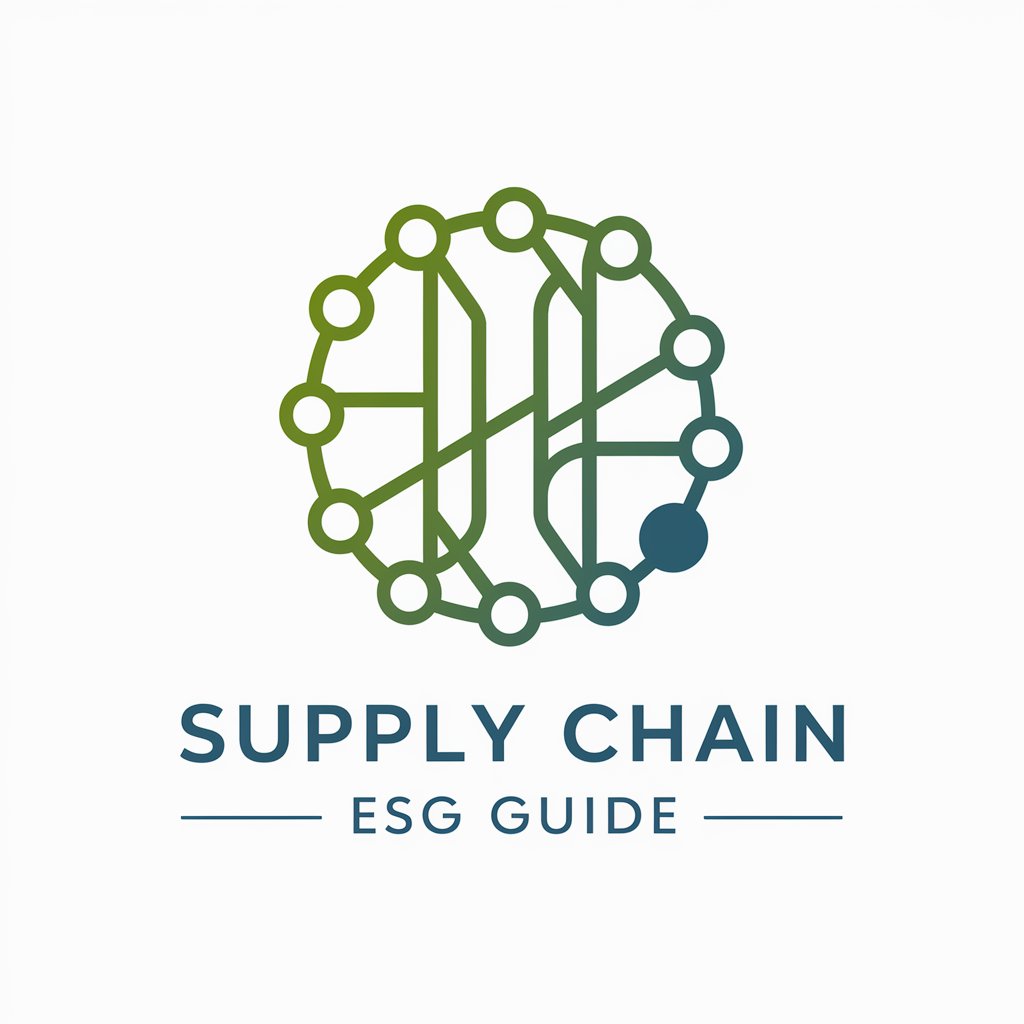
안녕하세요, 중소기업 공급망 ESG 가이드입니다.
Empower your business with AI-driven ESG insights
How can SMEs implement sustainable practices in their supply chains?
What are the benefits of ethical sourcing for small businesses?
How can small companies manage their environmental impact effectively?
What are the latest ESG trends that SMEs should be aware of?
Get Embed Code
Overview of the Supply Chain ESG Guide for SMEs
The Supply Chain ESG Guide for SMEs is designed to assist small and medium-sized enterprises in integrating Environmental, Social, and Governance (ESG) principles into their supply chains. This guide focuses on providing actionable strategies tailored to the specific challenges and capacities of SMEs, enabling them to enhance their sustainability practices effectively. For instance, it outlines best practices for reducing carbon emissions, improving labor conditions, and ensuring ethical governance, thereby helping SMEs meet both regulatory requirements and consumer expectations for responsible business practices. Powered by ChatGPT-4o。

Core Functions of the Supply Chain ESG Guide for SMEs
ESG Risk Assessment
Example
Helping businesses identify potential environmental risks associated with their supply chains, such as carbon footprints and waste management issues.
Scenario
An SME manufacturing textiles uses the guide to assess and then reduce its water pollution and chemical usage.
Sustainable Sourcing Advice
Example
Advising on selecting suppliers who comply with sustainability standards and promote ethical labor practices.
Scenario
A furniture SME applies the guidelines to overhaul its supplier contracts, ensuring all wood is sourced from certified sustainable forests.
Compliance with ESG Regulations
Example
Providing updates and tools for complying with new ESG-related regulations, including reporting and disclosure requirements.
Scenario
An electronics manufacturer uses the guide to prepare for upcoming regulations on electronic waste and achieves compliance ahead of schedule.
Target User Groups for the Supply Chain ESG Guide for SMEs
Manufacturing SMEs
These businesses often deal with complex product life cycles that can benefit significantly from improved ESG practices, such as reducing environmental impact and enhancing worker safety.
Export-oriented SMEs
These companies need to meet international ESG standards and consumer expectations in various markets, making the guide critical for maintaining competitiveness.

Steps for Using the Supply Chain ESG Guide for SMEs
Step 1
Visit yeschat.ai for a free trial without login; no need for ChatGPT Plus.
Step 2
Explore the guide to identify key ESG (Environmental, Social, Governance) challenges relevant to your industry and size.
Step 3
Utilize the self-assessment tools provided to evaluate your current ESG practices and identify areas for improvement.
Step 4
Access case studies and examples from other SMEs to understand practical applications and benefits of ESG integration.
Step 5
Follow the guide’s recommendations to develop a tailored ESG strategy, ensuring compliance and leveraging sustainability for competitive advantage.
Try other advanced and practical GPTs
파워포인트 슬라이드 만들기
Effortless, AI-driven PowerPoint slide generation

한국 주식 테마주 파인더
Empowering Investments with AI

자달인 - 자기소개서/자소서 달인 AI
Polish Your Professional Profile

ホームファインダー
Find Your Dream Home with AI

フー製造機
Empowering Creativity with AI

Lucy
Powering Conversations with AI

미국여행 준비하기 - 영어회화-맥도날드 주문
Master fast food ordering in English!

면접 준비 도우미
Master Your Interview with AI
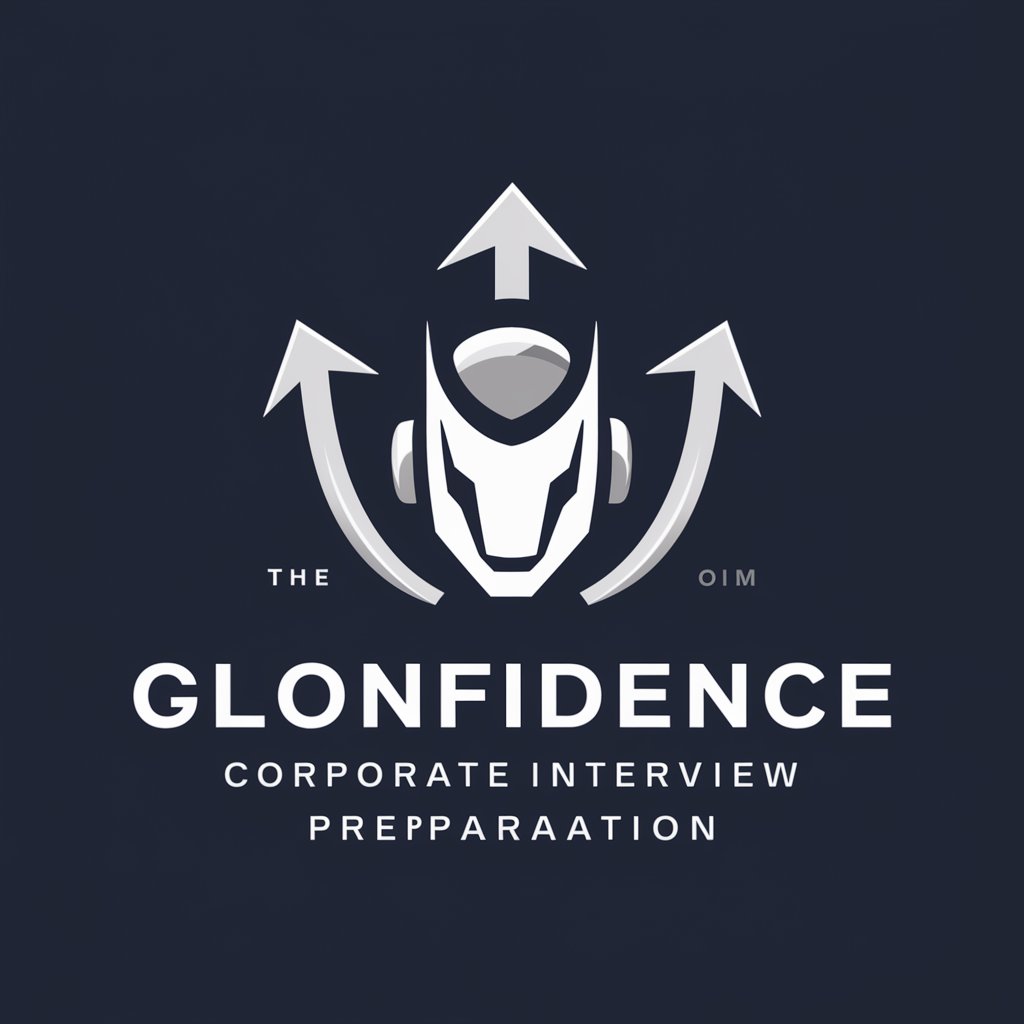
미국여행 준비하기 - 영어회화-입국심사
Master U.S. Immigration Interviews with AI

Blog Automation Assistant
Empower Your Writing with AI

AI 선행연구 조사
AI-powered insights for academic research.

실사 이미지 프롬프트 연구자(Image Prompt Engineer) with 미드저니
Empowering Creativity with AI

Detailed Q&A about the Supply Chain ESG Guide for SMEs
What is the primary purpose of the Supply Chain ESG Guide for SMEs?
The primary purpose is to assist small and medium-sized enterprises in integrating ESG principles into their operations, focusing on practical and scalable solutions tailored to their specific challenges and resources.
How can SMEs measure their ESG performance using the guide?
SMEs can use the self-assessment checklists and tools provided in the guide to measure their current ESG performance, identify gaps, and track improvements over time.
What types of ESG strategies does the guide recommend for manufacturing SMEs?
For manufacturing SMEs, the guide recommends strategies such as reducing carbon footprint through energy-efficient practices, ensuring fair labor conditions, and managing supply chains with a focus on ethical sourcing and environmental responsibility.
Can the guide help SMEs comply with international ESG regulations?
Yes, the guide provides information on international ESG regulations and offers advice on compliance strategies, helping SMEs navigate the complex regulatory environment and avoid potential legal and financial penalties.
Does the guide address the social component of ESG?
Yes, it covers the social aspects by advising on practices such as enhancing employee well-being, community engagement, and ensuring diversity and inclusion within the workplace.
